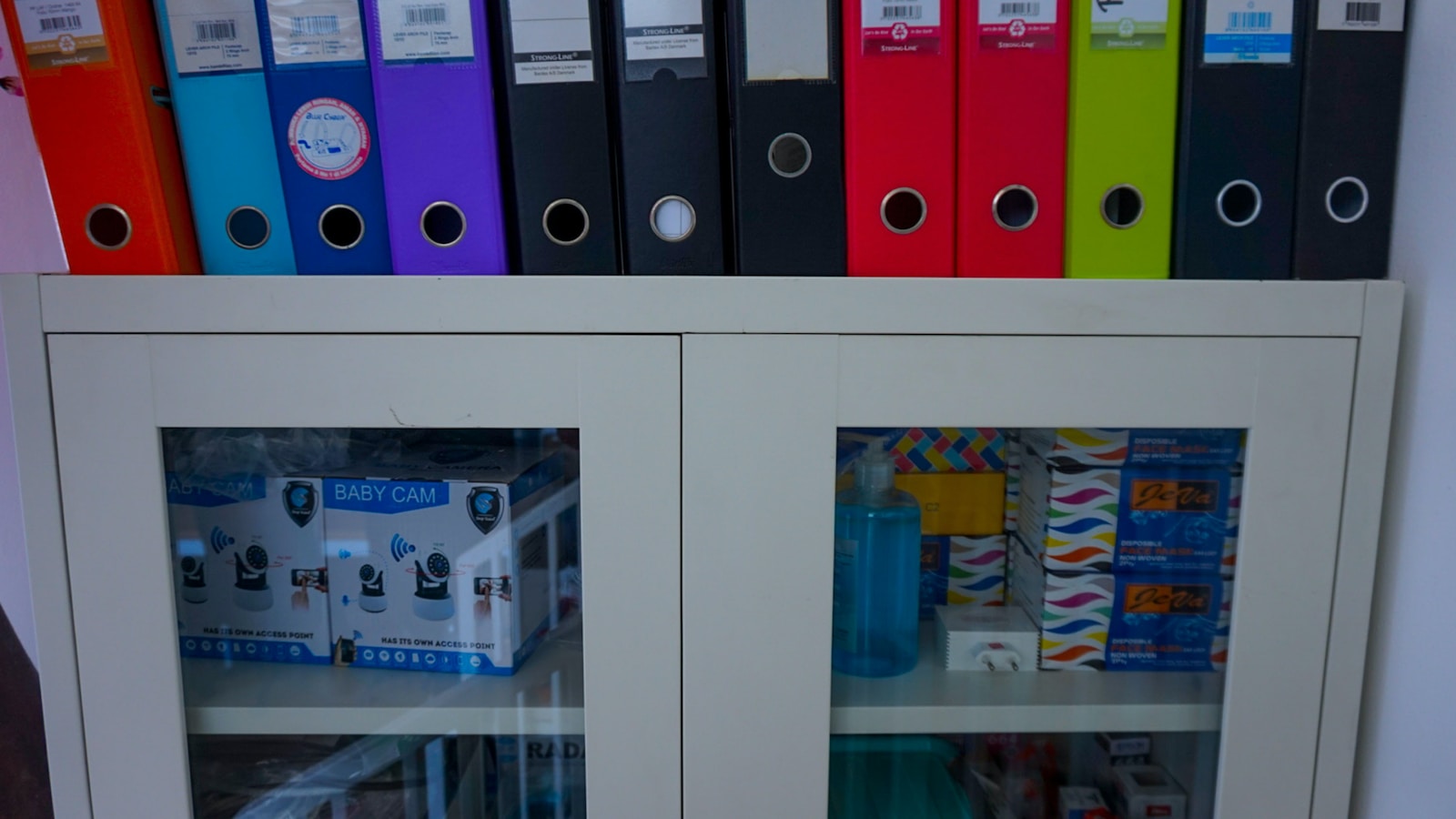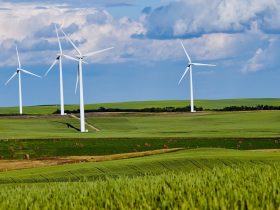Hey there, fellow ethical spenders! It’s me, Sarah Green, your friendly neighborhood advocate for conscious consumerism. For over four years now, we’ve been on this exciting journey of exploring ethical finance and sustainable choices. Today, I want to delve into a topic that’s close to my heart: the role of sustainable banking in ethical finance.
Picture this: you’ve swapped your single-use plastic water bottles for a sleek reusable one, invested in solar panels for your home, and even switched to plant-based eating. You’re rocking the ethical lifestyle, but have you thought about what happens to your money when it’s not in your wallet? That’s where sustainable banking comes into play, and it’s a game-changer for ethical spenders like us.
What Exactly is Sustainable Banking?
Sustainable banking, also known as ethical banking or green banking, is all about putting your hard-earned cash to work in a way that aligns with your values. It’s like having a financial superhero that fights for the planet while you go about your day. But how does it work?
Financing Sustainable Initiatives
One of the most remarkable things about sustainable banking is how your money is utilized. Instead of supporting industries that harm the environment or exploit vulnerable communities, sustainable banks invest in projects and businesses that promote sustainability and social responsibility.
For instance, consider a bank that offers loans and financial support to renewable energy projects. By choosing to bank with such an institution, you indirectly support the transition to clean, green energy sources. Your money becomes part of the solution, not the problem.
Transparent Practices

Transparency is the name of the game in sustainable banking. These banks are committed to providing clear information about where your money goes and how it’s being used. You won’t find any hidden fees or questionable investments here.
Ethical Screening
Just like we carefully choose the products we buy, sustainable banks apply ethical screening to their investments. They avoid supporting industries involved in activities such as fossil fuels, arms manufacturing, or harmful chemicals. Instead, they favor businesses that prioritize environmental and social responsibility.
The Pioneers of Sustainable Banking
You might be wondering, “Do sustainable banks even exist?” Absolutely! Let’s take a look at a few pioneering institutions leading the charge.
Amalgamated Bank
Based in the United States, Amalgamated Bank is often hailed as one of the pioneers in sustainable banking. They focus on financing projects that benefit communities, promote diversity, and protect the environment. Their commitment to ethical finance goes way back to the 1920s!
Triodos Bank
Triodos Bank, headquartered in the Netherlands, is another stellar example. They’re all about financing renewable energy, organic farming, and social enterprises. Triodos Bank is all about putting your money where your values are.
Credit Agricole
If you’re reading this from Europe, you’ve probably heard of Credit Agricole. They’re a French bank that actively supports sustainable development and responsible finance. They’re a fantastic choice for our friends across the pond.
Why Sustainable Banking Matters
Now, you might be thinking, “Why bother with sustainable banking when I can just stash my cash under the mattress?” Well, here’s the deal:
Be the Change
Remember that old saying, “Be the change you wish to see in the world”? Sustainable banking lets you do just that. It’s a way to actively contribute to a more sustainable, ethical world, even if it’s through your finances.
Support Innovation
By banking with institutions that invest in sustainable initiatives, you’re supporting innovation and progress. Your money can help fund the development of groundbreaking technologies and solutions to global challenges.
Make a Difference
Every dollar you deposit into a sustainable bank is a small step towards making a big difference. Collectively, these small steps can lead to significant positive impacts on the environment and society.
Challenges and Considerations
While sustainable banking is undoubtedly a noble pursuit, it’s not without its challenges. One of the main concerns is the availability of these banking options. In some regions, ethical banks may be few and far between, making it difficult for everyone to access these services.

Additionally, the financial products offered by sustainable banks may have different terms and conditions compared to traditional banks. It’s crucial to carefully review these to ensure they align with your financial goals.
Conclusion
In a world where every purchase and financial decision we make has consequences, choosing sustainable banking is a powerful way to extend our ethical footprint. It’s a practical means of putting our money where our values are, and it empowers us to contribute positively to the planet and society.
So, my fellow ethical spenders, let’s not stop at reusable water bottles and eco-friendly straws. Let’s consider the power of our money and how it can shape a better world. Sustainable banking might just be the missing piece of the puzzle in our journey toward a more ethical and sustainable lifestyle.

































